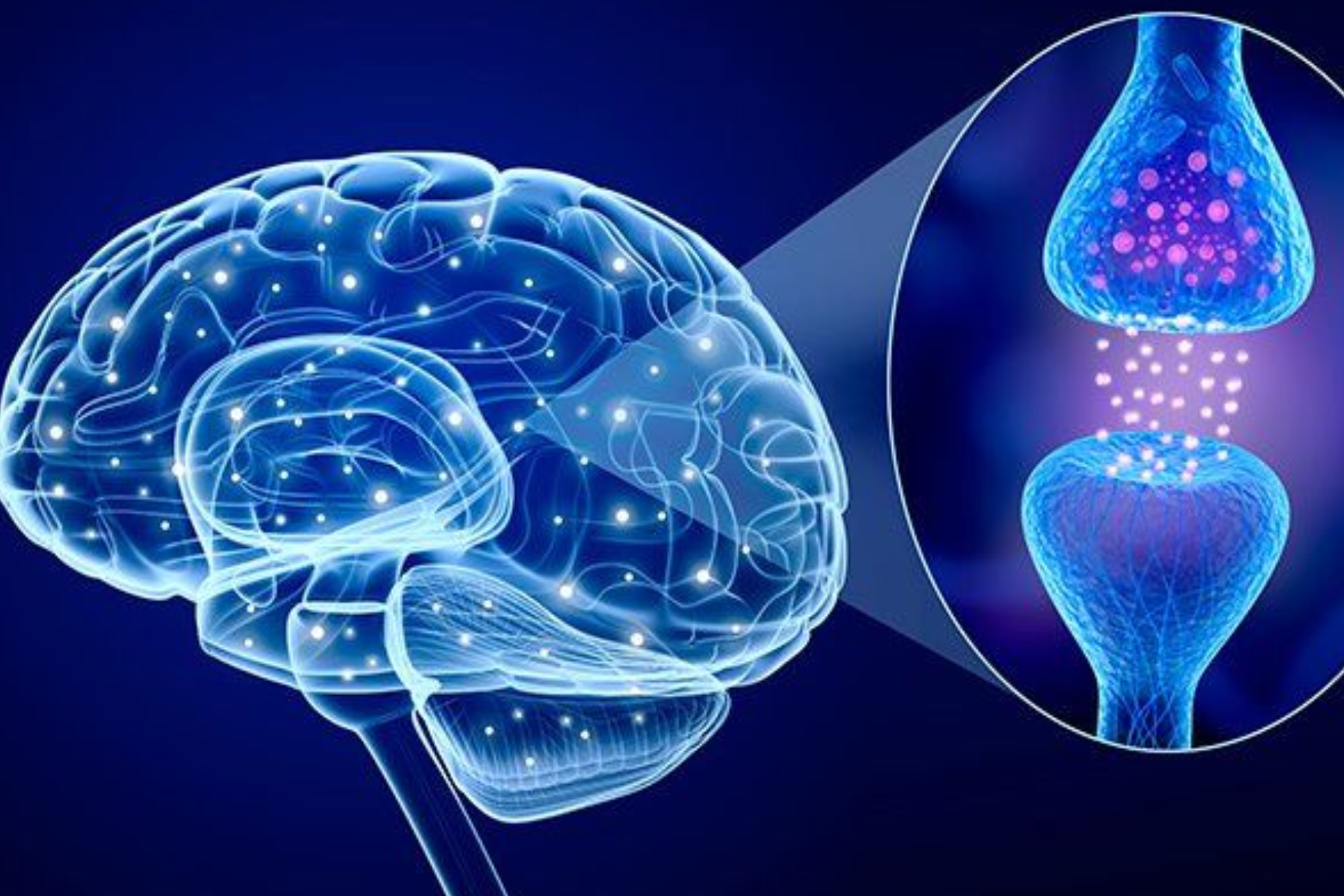Why You Can't Remember Your Dreams? [A Scientific Explanation]
Wondering why you forget your dreams? Understand the factors that make dream recall difficult.
Author:Suleman ShahReviewer:Han JuAug 14, 202473.5K Shares1.3M Views

Why you can't remember your dreams? Can you really remember it? Every night, when we sleep, we go to a different world called the dream world. It is a place where our unconscious feelings and thoughts come out in the form of symbols. Dreams are important because they show us what we really want, fear, and hope for.
They are also important because they help us figure out what is going on in our everyday lives. But how to remember them?
The Importance Of Dreams In Our Lives
Video unavailable
This video is unavailable: Original link to video
The importance of dreams to our lives can be seen through various use cases:
- Dreams help us process information from the day and make sense of it in a way that we could not do during waking hours.
- They allow us to explore the depths of our being and gain insight into who we are as individuals, which may not be possible when awake.
- They allow us to communicate with other people or even objects in ways that cannot happen when awake (e.g., talking to animals).
- They allow us to express ourselves without fear of judgment or consequences.
Reasons Why You Can't Remember The Full Details Of Your Dreams
Everyone dreams, but when they wake up, many people can't remember what they dreamed. But it's hard to say for sure why some people can remember their dreams and otherscan't.
When the brain sorts things into short-term and long-term memory, this can lead to dreams. A person may not remember what happened in their dreams because they can't access that information once they wake up.
In a 2016 article in the journal Behavioral and Brain Sciences, researchers say that changing levels of acetylcholine and norepinephrine during sleep is the reason why people forget their dreams.
You Are Lack Of Sleep
You can't remember your dreams because you didn't get enough sleep. Lack of sleep can cause many healthproblems, such as weight gain, high blood pressure, and depression. It can also make you forget things and slow down your thinking.
You might not remember your dreams because you aren't getting enough sleep at night.
Low Levels Of Serotonin
One of the most common sleep problems is not getting enough sleep or getting bad sleep. If the brain doesn't have enough serotonin, this can happen.
Serotonin is a neurotransmitter that helps control mood, memory, appetite, and other body functions. It also helps control sleep and dreams in important ways. Low serotonin levels can make it hard to fall asleep and make it hard to get a good night's sleep. This can lead to daytime sleepiness, forgetfulness, and/or depression.
How To Remember Your Dreams?
- Keep a notebook and a pen near the bed. No matter what time you wake up, write down anything you can remember about your dreams, even if it's just a minor detail or emotion.
- Tell yourself before going to bed that you want to dream and recall your dreams.
People Also Ask
How Rare Is It To Remember Your Dreams?
Belicki (3) found that when people are woken up during the REM sleep phase, about 80% of them remember their dreams. However, in real life, young adults only remember their dreams when they wake up once or twice a week.
Why Do My Dreams Feel So Real?
During non-REM sleep, the thalamus is not working. However, when we are dreaming during REM sleep, the thalamus is working and sending images, sounds, and feelings to the cerebral cortex. This is why we can hear, feel, and see in our dreams the same way we do when we are awake.
How Long Do Dreams Last?
Dreams can last anywhere from a few seconds to about 20–30 minutes. If someone wakes up during the REM phase, they are more likely to remember the dream.
Final Thoughts
We hope that this article helps you to answer your question on why you can't remember your dreams. When we remember our dreams, we are able to tap into the memories that we have suppressed or forgotten about in our waking life. Dreams also provide us with insight into our unconscious desires and motivations for certain behaviors or activities.

Suleman Shah
Author
Suleman Shah is a researcher and freelance writer. As a researcher, he has worked with MNS University of Agriculture, Multan (Pakistan) and Texas A & M University (USA). He regularly writes science articles and blogs for science news website immersse.com and open access publishers OA Publishing London and Scientific Times. He loves to keep himself updated on scientific developments and convert these developments into everyday language to update the readers about the developments in the scientific era. His primary research focus is Plant sciences, and he contributed to this field by publishing his research in scientific journals and presenting his work at many Conferences.
Shah graduated from the University of Agriculture Faisalabad (Pakistan) and started his professional carrier with Jaffer Agro Services and later with the Agriculture Department of the Government of Pakistan. His research interest compelled and attracted him to proceed with his carrier in Plant sciences research. So, he started his Ph.D. in Soil Science at MNS University of Agriculture Multan (Pakistan). Later, he started working as a visiting scholar with Texas A&M University (USA).
Shah’s experience with big Open Excess publishers like Springers, Frontiers, MDPI, etc., testified to his belief in Open Access as a barrier-removing mechanism between researchers and the readers of their research. Shah believes that Open Access is revolutionizing the publication process and benefitting research in all fields.

Han Ju
Reviewer
Hello! I'm Han Ju, the heart behind World Wide Journals. My life is a unique tapestry woven from the threads of news, spirituality, and science, enriched by melodies from my guitar. Raised amidst tales of the ancient and the arcane, I developed a keen eye for the stories that truly matter. Through my work, I seek to bridge the seen with the unseen, marrying the rigor of science with the depth of spirituality.
Each article at World Wide Journals is a piece of this ongoing quest, blending analysis with personal reflection. Whether exploring quantum frontiers or strumming chords under the stars, my aim is to inspire and provoke thought, inviting you into a world where every discovery is a note in the grand symphony of existence.
Welcome aboard this journey of insight and exploration, where curiosity leads and music guides.
Latest Articles
Popular Articles

